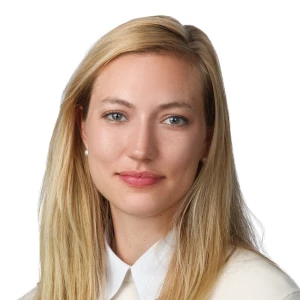Hello,
I'm wondering about the different business lines within McKinsey, and any differences in the interview process, work demand, salaries, career path, etc....it seems like the true strategy portion of the firm might fall within the Strategy/Finance group, however I have heard generalists within the Operations group also are deemed as strategy consultants.....do consultants move between groups? Do some groups receive higher compensation or bill at higher rates? I'm assuming implementation is less costly to clients? I've seen various industry professionals and MBAs in all groups so I'm curious the pros and cons of working in all the business line.
Thanks











Mckinsey today has two consulting tracks, the generalists (traditional) and the expert (called knowledge). The research track professionals are known as Capabilities and Insights, not Knowledge. This at least applies to the Middle East offices. Best of luck to all!